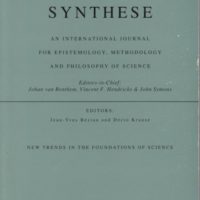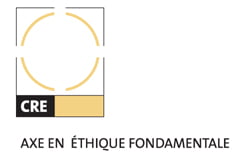
« Two types of epistemic instrumentalism »
Charles Côté-Bouchard signe un article intitulé « Two types of epistemic instrumentalism« , qui paraitra bientôt dans Synthèse.
Résumé
Epistemic instrumentalism (EI) views epistemic norms and epistemic normativity as essentially involving the instrumental relation between means and ends. It construes notions like epistemic normativity, norms, and rationality, as forms of instrumental or means-end normativity, norms, and rationality. I do two main things in this paper. In part 1, I argue that there is an under-appreciated distinction between two independent types of epistemic instrumentalism. These are instrumentalism about epistemic norms (norm-EI) and instrumentalism about epistemic normativity (source-EI). In part 2, I argue that this under-appreciated distinction matters for the debate surrounding the plausibility of EI. Specifically, whether we interpret EI as norm-EI or as source-EI matters (i) for the widely discussed universality or categoricity objection to EI, and (ii) for two important motivations for adopting EI, namely naturalism and the practical utility of epistemic norms. I will then conclude by drawing some lessons for epistemic instrumentalism going forward.



